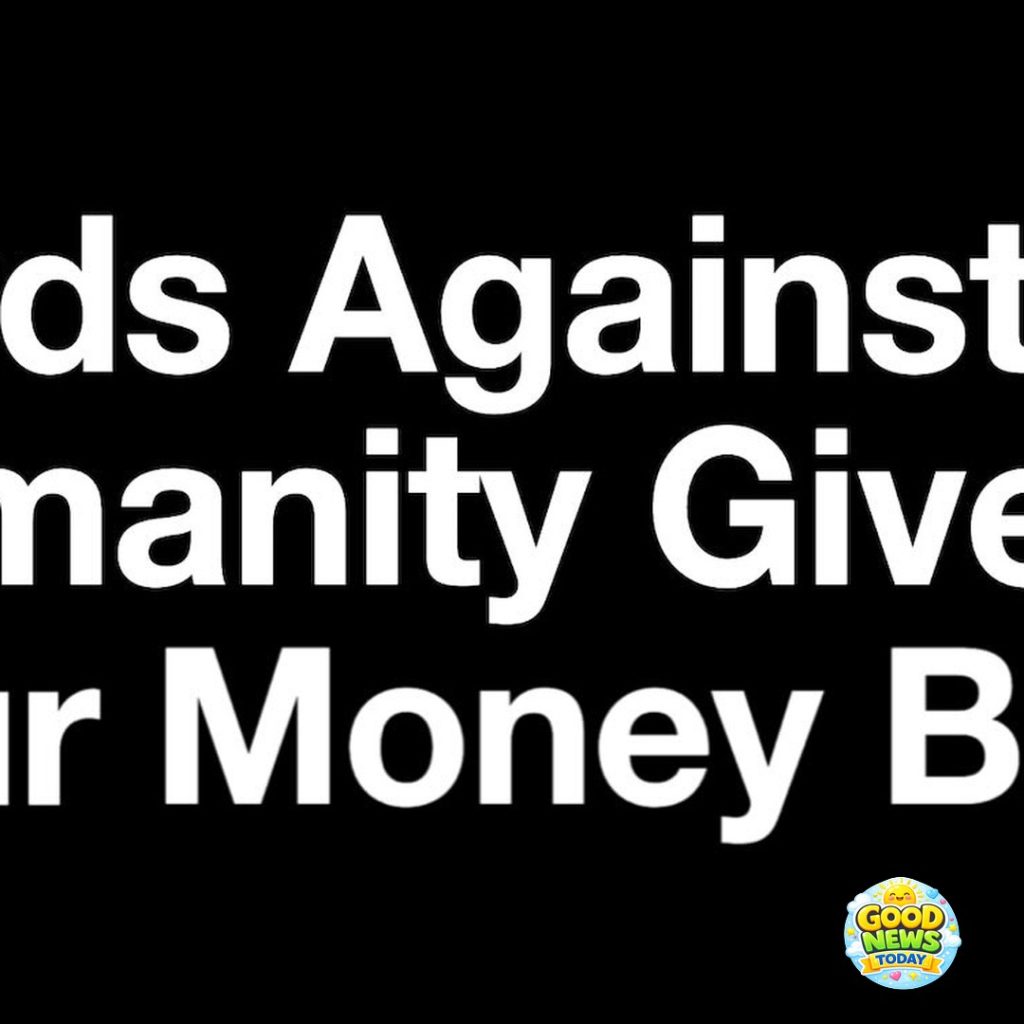In the ever-evolving world of dating, a new and controversial practice known as “cookie jarring” is raising eyebrows—and concerns—among relationship experts and social media users alike. Originating from online dating communities, this tactic involves keeping potential romantic interests “on the shelf,” much like storing cookies for future use, rather than fully committing or communicating honestly. But recent reports and personal stories suggest that this seemingly harmless behavior can cause emotional turmoil and heartbreak.
What is Cookie Jarring? The term “cookie jarring” derives from the idea of anyone keeping a metaphorical cookie jar filled with options. In dating, it refers to someone who maintains a reserve of interested partners without clear intentions, often engaging in flirtations or casual conversations while pursuing someone else. The individual “cookie jars” others as backups or emotional safety nets, which can prevent genuine connection and lead to hurt feelings once the truth surfaces.
While casual dating has long embraced multiple potential partners, cookie jarring stands out for its deliberate manipulation of expectations. The person using this tactic may not outright lie, but their behavior often leaves others in limbo, unsure of their true status in the relationship hierarchy.
The Risks and Emotional Impact
Dating coaches and mental health professionals are sounding alarms about the emotional risks of cookie jarring. Those who find themselves “cookie jarred” often report feelings of confusion, rejection, and heartbreak. Since the approach relies on maintaining a reserve of potential partners, it typically lacks transparency and honesty—critical foundations for trust.
Recent stories circulating on social media platforms highlight individuals who invested time and emotional energy into connections without clear communication, only to realize they were just “cookies” waiting to be chosen if nothing better came along. Such experiences have fueled calls for increased awareness around this trend, emphasizing the importance of setting boundaries and recognizing signs of manipulative dating behaviors.
“The problem with cookie jarring is that it’s a subtle form of emotional manipulation,” explains a relationship expert. “It can prolong uncertainty and make people question their worth, causing unnecessary heartache.”
Why Is Cookie Jarring Gaining Traction Now? The trend’s rise appears linked to the expanding use of dating apps and social media, where options are plentiful and communication often impersonal. The paradox of choice can encourage some to keep multiple doors open, delaying honest conversations about intentions.
Additionally, the anonymity and instant gratification offered by apps fuel a mindset where emotional investments feel less risky, making cookie jarring a seemingly convenient albeit unhealthy strategy. As a result, users might struggle to recognize the long-term consequences of their actions.
How to Protect Yourself from Cookie Jarring
Experts advise daters to stay vigilant and prioritize clear, open communication. Some practical tips include:
- Pay attention to inconsistencies in messaging or vague language about relationship status.
- Ask direct questions about intentions and exclusivity early on.
- Trust your instincts if you feel you’re being kept “on hold.”
- Set personal boundaries to avoid emotional burnout.
- Recognize that you deserve transparency and respect in any connection.
Ultimately, while cookie jarring may seem like a low-stakes dating strategy, it carries significant risks for those on the receiving end. Prioritizing honest communication and emotional respect remains crucial in navigating the complex dating landscape of 2024.
As online dating evolves, so do the strategies—and pitfalls—that come



